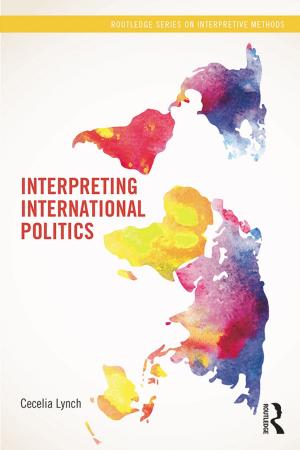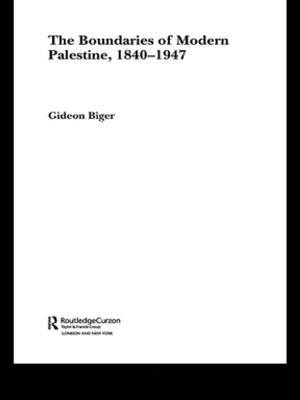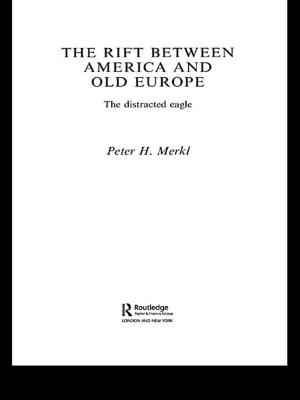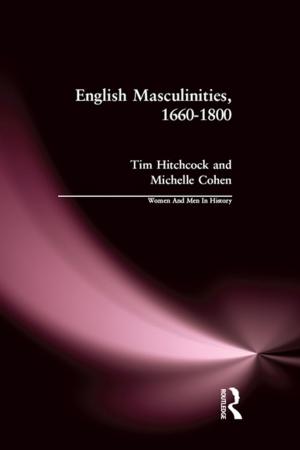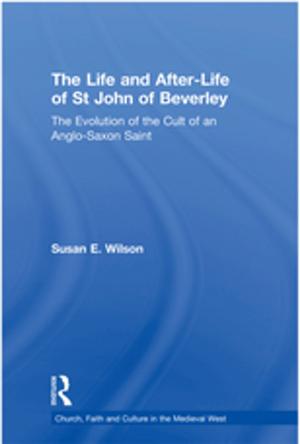God Laughed
Sources of Jewish Humor
Fiction & Literature, Literary Theory & Criticism, Nonfiction, Social & Cultural Studies, Social Science| Author: | Hershey H. Friedman | ISBN: | 9781351517171 |
| Publisher: | Taylor and Francis | Publication: | September 8, 2017 |
| Imprint: | Routledge | Language: | English |
| Author: | Hershey H. Friedman |
| ISBN: | 9781351517171 |
| Publisher: | Taylor and Francis |
| Publication: | September 8, 2017 |
| Imprint: | Routledge |
| Language: | English |
Humor has had a profound effect on the way the Jewish people see the world, and has sustained them through millennia of hardships and suffering. God Laughed reviews, organizes, and categorizes the humor of the ancient Jewish texts-the Hebrew Bible, the Talmud, and Midrash-in a clear, readable, and accessible manner. These works have influenced the Jewish people in many ways, and all are replete with humor and wit. Inevitably, this oeuvre of Jewish humor has itself influenced generations of comics, as well as genres of humor. The authors use examples of Biblical humor from several broad categories, including irony, sarcasm, wordplay, humorous names, humorous imagery, and humorous situations. Because their primary purpose is not to entertain, but to teach humanity how to live the ideal life, much of the humor in the Talmud and the Midrash has a single purpose: to demonstrate that evil is wrong and even, at times, ludicrous. This may help explain why approximately 1,500 years after its closing, the Talmud is still such a fascinating work.
Humor has had a profound effect on the way the Jewish people see the world, and has sustained them through millennia of hardships and suffering. God Laughed reviews, organizes, and categorizes the humor of the ancient Jewish texts-the Hebrew Bible, the Talmud, and Midrash-in a clear, readable, and accessible manner. These works have influenced the Jewish people in many ways, and all are replete with humor and wit. Inevitably, this oeuvre of Jewish humor has itself influenced generations of comics, as well as genres of humor. The authors use examples of Biblical humor from several broad categories, including irony, sarcasm, wordplay, humorous names, humorous imagery, and humorous situations. Because their primary purpose is not to entertain, but to teach humanity how to live the ideal life, much of the humor in the Talmud and the Midrash has a single purpose: to demonstrate that evil is wrong and even, at times, ludicrous. This may help explain why approximately 1,500 years after its closing, the Talmud is still such a fascinating work.









